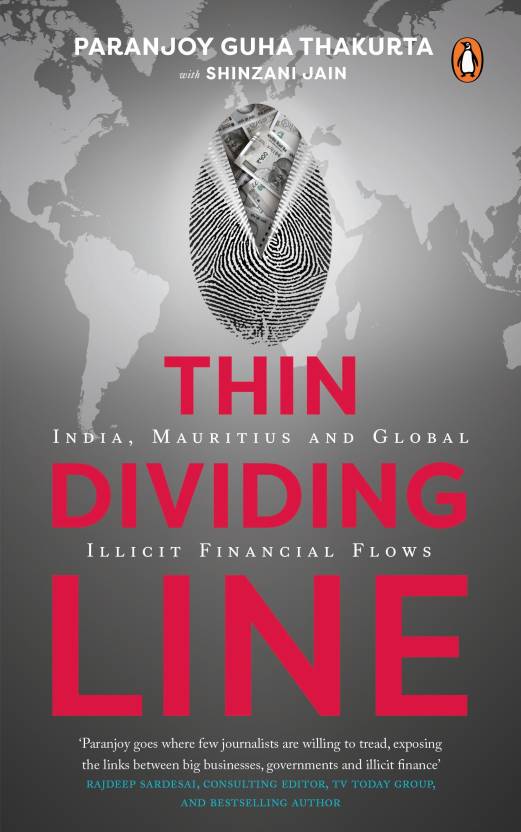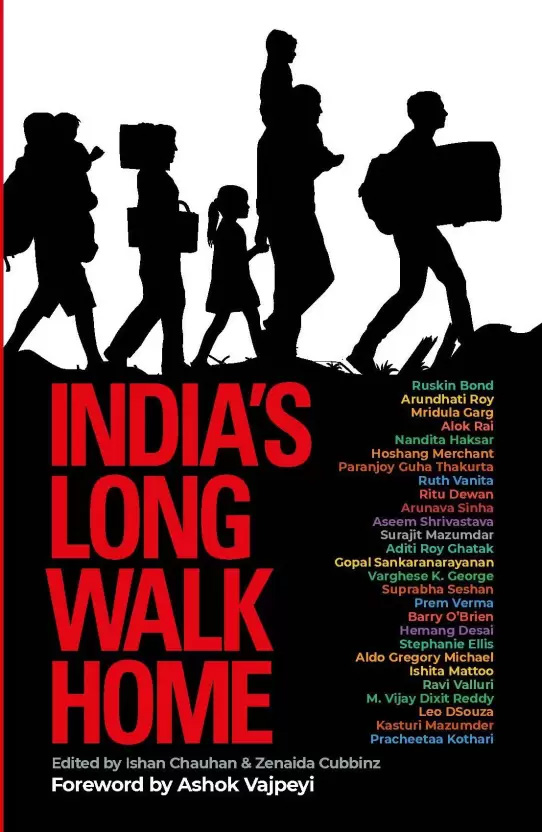On February 4, 2019, Facebook will complete 15 years of existence. The first version of the website was called FaceMash and was set up in November 2003 as an application that let students at Harvard University in the US rate one another based on their “attractiveness”. Two weeks later, the academic community at Harvard was disgusted by what the then 19-year-old Mark Zuckerberg had done. He was hauled before the university’s administrative board for using images and information from directories by violating copyright rules, individual privacy and breaching the security of computer systems. He apologised and reportedly said: “Issues about violating people’s privacy don’t seem to be surmountable.” The university let him off.
Zuckerberg released the second iteration of his application, called “thefacebook”, a few months later. Fifteen years down the line, there is growing consensus that Facebook is emblematic of everything that is wrong with the information technology industry even as it has become one of the biggest and most-valued (in monetary terms) multinational corporations in the world. Its founder, now 34, is still apologising for violating the privacy of users of the media platforms it set up or subsequently took over. Despite public outrage against its practices, many governments, advertisers and stock markets adore Facebook, which acquired photo- and video-sharing app Instagram in 2012 and the messaging app WhatsApp two years later.
Why do the three comprise the biggest mass surveillance and reality-distorting infrastructure ever built in human history?
After Johannes Gutenberg invented the printing press — the first medium of mass communication — in Germany in 1439, the written word was ‘democratised’. This laid the foundations of the Protestant movement and what historians described as the Age of Enlightenment in Europe.
More than five-and-a-half centuries later, a privately-owned corporate group which claims to have democratised speech and the dissemination of opinion is being accused of having become the biggest provider of offensive views (including hate speech) and a platform to promote and facilitate mass surveillance.
It faces allegations of not just subverting democracy by working closely with governments and political parties, especially authoritarian regimes, but also causing deaths across the world, from the US to the UK, India, the Philippines, Myanmar, Sri Lanka, Argentina, Brazil, France and Germany — all for the sake of profit. For instance, the United Nations Independent International Fact-Finding Mission on Myanmar, which probed the mass killings of Rohingya Muslims, stated in a 2018 report: “Facebook posts and messages have led to real-world discrimination and violence”.
Whither privacy
Facebook was born without a business model. It was supposed to connect people, which it does. But what users often do not realise is that the more information they give social media platforms, the more likely are others to find and connect with them. If a user gives less information, it lowers this person’s likelihood to connect with others. Privacy is an afterthought.
In an article published on January 24 in The Wall Street Journal titled ‘The Facts about Facebook’, Zuckerberg was being less than honest when he wrote: “We need your information for operation and security, but you control whether we use it for advertising.”
Stalking, keeping track of people’s lives, their movements and behavioural patterns are fundamental and intrinsic to how Facebook functions.
For example, it knows when a user is about to start a romantic relationship, whether the person will start a company, not to mention minute-by-minute shifts in mood and emotions. The company tracks users across the internet on every website that carries the innocuous ‘like’ and ‘share’ buttons.
Since you’re not paying for the product or the service, you arguably become the product or the service.
In fact, Facebook even collects data of people who are not registered on any of its products to build their shadow profiles — a term for those whose internet activity is being tracked without their knowledge. Critics of Facebook argue that the user ends up as residue after the most detailed and intimate information has been extracted.
The more checks a user puts on her or his privacy, the less useful these social media platforms become.
Far from innocent
All the information that is collected is used to sell users as products to advertisers — by mining personal information in order to present them with customised advertisements. Until Sheryl Sandberg came on board as the second-in-command in the company, Facebook, like other websites, mostly sold display ads. Shoshana Zuboff, author of The Age of Surveillance Capitalism, compares Sandberg to “Typhoid Mary”, who brought typhoid to America, for bringing questionable practices from Google to Facebook. A veteran of Google’s advertising business, Sandberg knew how to make money out of the information that Facebook was accumulating by selling digital advertisements that were discreetly presented to users.
This became the first step in the group becoming a reality distortion mechanism while providing the infrastructure for surveillance. Fake news is, of course, the most obvious form of manipulating reality and spreading hate speech. Messages on WhatsApp have been associated with the deaths of at least 38 people in India over the last two years. Specifically, WhatsApp messages about strangers kidnapping children led to people being lynched in separate incidents across Jharkhand, Assam, Gujarat and Tamil Nadu. Moreover, time can be distorted on Instagram. It is possible for a user to say she is staying in a particular place for five days while she actually spends fewer days at the actual place while posting photographs of herself in the location over a five-day period.
Belling the cat
Facebook has come under increased scrutiny in the recent past. Governments and traditional news organisations have gone hammer and tongs against its practices. In response, Facebook spokespersons have on many occasions repeated what Zuckerberg claimed 15 years ago: Issues relating to user privacy are solvable problems. But usually, this is by giving users superficial control over the information they share on the website. It is also claimed that the distribution of fake news can be curbed through “machine learning” and artificial intelligence. There are good reasons to be sceptical of these claims.
The idea of selling digital advertisements discreetly presented to users conflated different types of speech — personal, political and commercial — which, on other print or broadcast platforms, are regulated. This is the fundamental force behind the spread of misinformation (and disinformation that is spread despite the disseminator knowing the information is partly true or untrue) on the social media platforms that are built to deceive users about what they are reading, hearing and watching. News on these platforms can (and is) distorted to present the user with an exaggerated view, to keep her on the site for as long as possible so that the platforms’ “recommendation” engines — algorithms that recommend content based on a user’s consumption history — churn out content that feeds into the user’s anxieties. The sites transform a person’s deepest fears, insecurities, ambitions, desire to enhance earnings and earn profits, not to mention her political or ideological preferences, into echo chambers.
A bigger problem is the extent of influence Facebook exerts in the real world. There is very little that users can do under prevailing circumstances to protect themselves or hold the company accountable. It isn’t just users that Facebook is deceiving. It has been deceiving lawmakers globally about what its technologies do.
Recently, during a hearing before the US Senate, Zuckerberg was asked to disclose where he had stayed the previous night, how much he had paid for the hotel suite and who he had been in touch with over the previous week. He was caught off-guard. He refused to disclose the information sought and was reminded: “...this is all about your right to privacy...”
Domestic issues
Zuckerberg’s organisation has admitted to funding misinformation campaigns against its critics and spent considerable amounts of money on lobbying against regulation, as an investigation by The New York Times has disclosed. As one of the countries that has been hit by disinformation on digital platforms, few journalists in India have chosen to scrutinise Facebook’s operations and the Indian government has insisted that Facebook should find solutions to the distribution of disinformation by itself. The group has also helped various Indian media organisations set up video facilities and sponsor events promoted by these organisations. Facebook also helped Prime Minister Narendra Modi and the ruling Bharatiya Janata Party to build their online presence in its platforms, as an investigation by us that was published in November 2018 by media portal Newsclick.in has shown.
Facebook has 2.27 billion users across the world, including over 220 million in India — the largest in any country. Our investigation was based on interviews (quite a few of them off-the-record) with nearly 50 individuals that were conducted over a period of five months starting June 2018 as well as information that is available in the public domain.
Even as allegations against the digital monopoly for allowing its platforms to be misused have intensified globally (particularly after the episode relating to Cambridge Analytica) and calls have been made to break it up, we have questioned the international digital giant’s claims that it provides an agnostic platform for all to use, pointing out its uncomfortably close proximity to the powers-that-be in India and raising questions about whether it will act in a neutral manner in the run-up to the general elections scheduled for April-May 2019.
The recent announcement to integrate WhatsApp and Instagram into Facebook is a move that can be perceived as an attempt to resist moves by governments to regulate its activities. It has been contended that the monopoly should be broken up in the way the American Telephone and Telegraph (AT&T) Company founded in 1879 by Alexander Graham Bell, who invented the telephone, was fragmented into competing entities in the early-1980s.
If only Harvard University had reacted differently 16 years ago, we might well have been living in a different digital world today.


